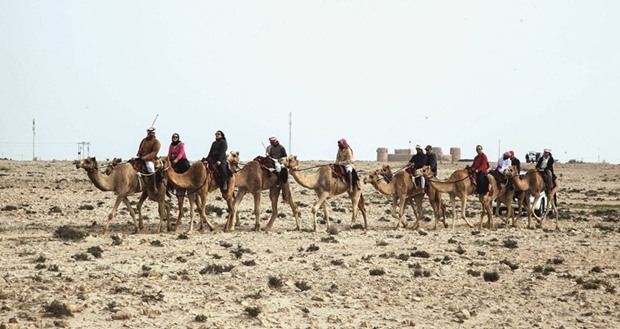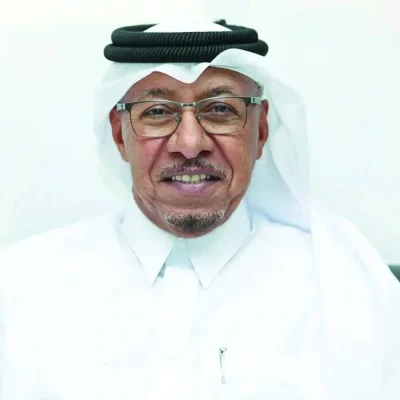The Middle East will require further transformation within its travel and tourism industry owing to multi-faceted demand shift driven by generational and demographic changes, according to PricewaterhouseCoopers (PwC).
With the region leading the emerging market population boom over the past decade, demographic and social change is a key issue the industry would need to tackle fast, PwC said in a report.
Finding that 40% of the region’s people are under the age of 25 and its population slated to rise by 50% in the next 25 years, it said “the travel and tourism industry today finds itself at the helm of a multi-faceted demand shift driven by these generational and demographic changes.”
Generation Z and the millennial to the silver tourist brings with it numerous opportunities and challenges, mainly because of the polarising demands it requires, bringing forth a new age of innovation, it said, suggesting targeted rebranding and proactive actions to attract new types of travellers whilst retaining existing customers; overhauling traditional marketing concepts and embracing the power of social media; to embracing a digital era.
“Over the past decade, the Middle East has developed into a global hub for tourism and leisure, attracting visitors from all over the world. However, new winds of change will require further transformation within the region’s travel and tourism industry,” said Dr Martin Berlin, Middle East partner and global deals real estate leader at PwC.
Finding that the shift in global economic power has placed the Middle East at the center of many of the world’s fastest growing markets, especially India and China, it said as this handing over of the torch from advanced to emerging economies continues, the region, which finds itself at the epicentre of these shifts, will have to take proactive steps.
The region would need to take advantage of the enviable position and central location on the West-East corridor, PwC said, arguing that emerging markets are set to overtake developed ones as tourism and hospitality destinations.
On the accelerating urbanisation in the Middle East, the report said a majority of the countries within the Gulf Cooperation Council (GCC) attract urban tourists; wherein the main city is the targeted destination for the traveller. “Dynamic development of urban tourism is strongly dependent on economic and technological growth and increased air connectivity; all of which are positive for the GCC region,” it said.
The Middle East travel and tourism industry has many of the right ingredients to benefit from the technological breakthroughs, with young, tech savvy populations across the spectrum and smartphone penetration in the GCC amongst the highest in the world, reaching 78% in the UAE and 77% in Saudi Arabia.
Digitisation would affect the entire value chain of the travel and tourism industry; from influencing travelling decisions, to collecting feedback and improving the products and services delivery, it said, adding a business strategy, befit for the digital age, will prove to be the key for the industry.

The Middle East travel and tourism industry has many of the right ingredients to benefit from the technological breakthroughs, with young, tech savvy populations across the spectrum and smartphone penetration in the GCC amongst the highest in the world


